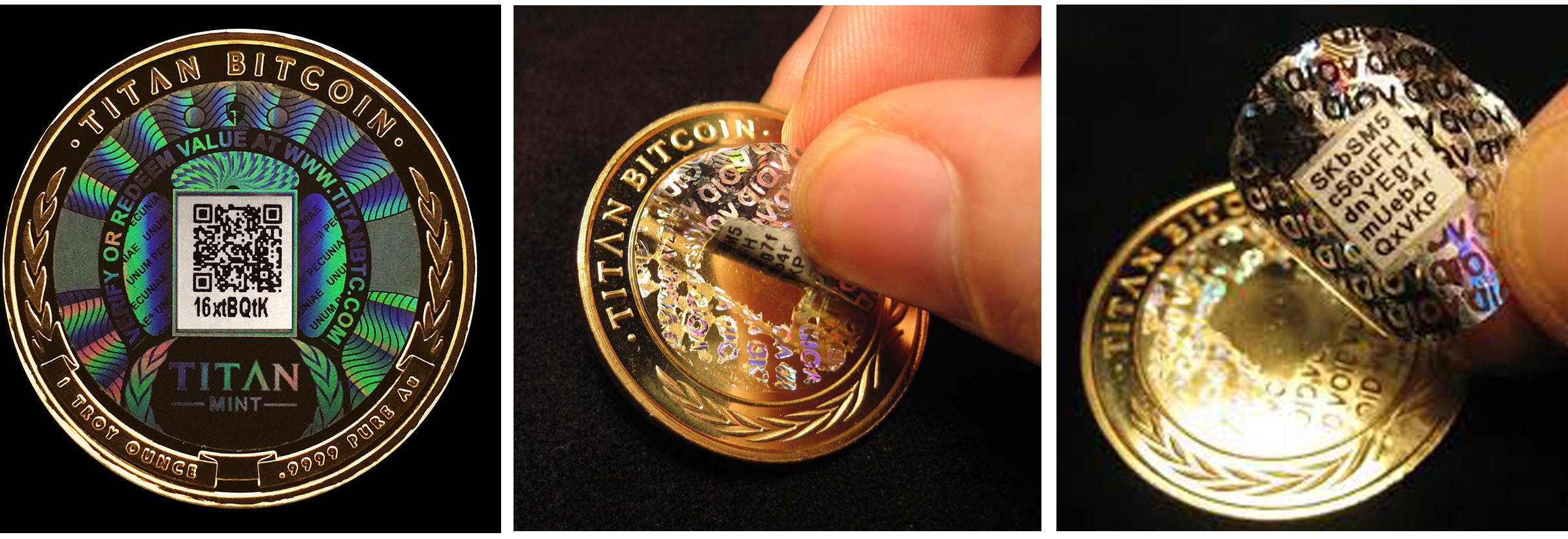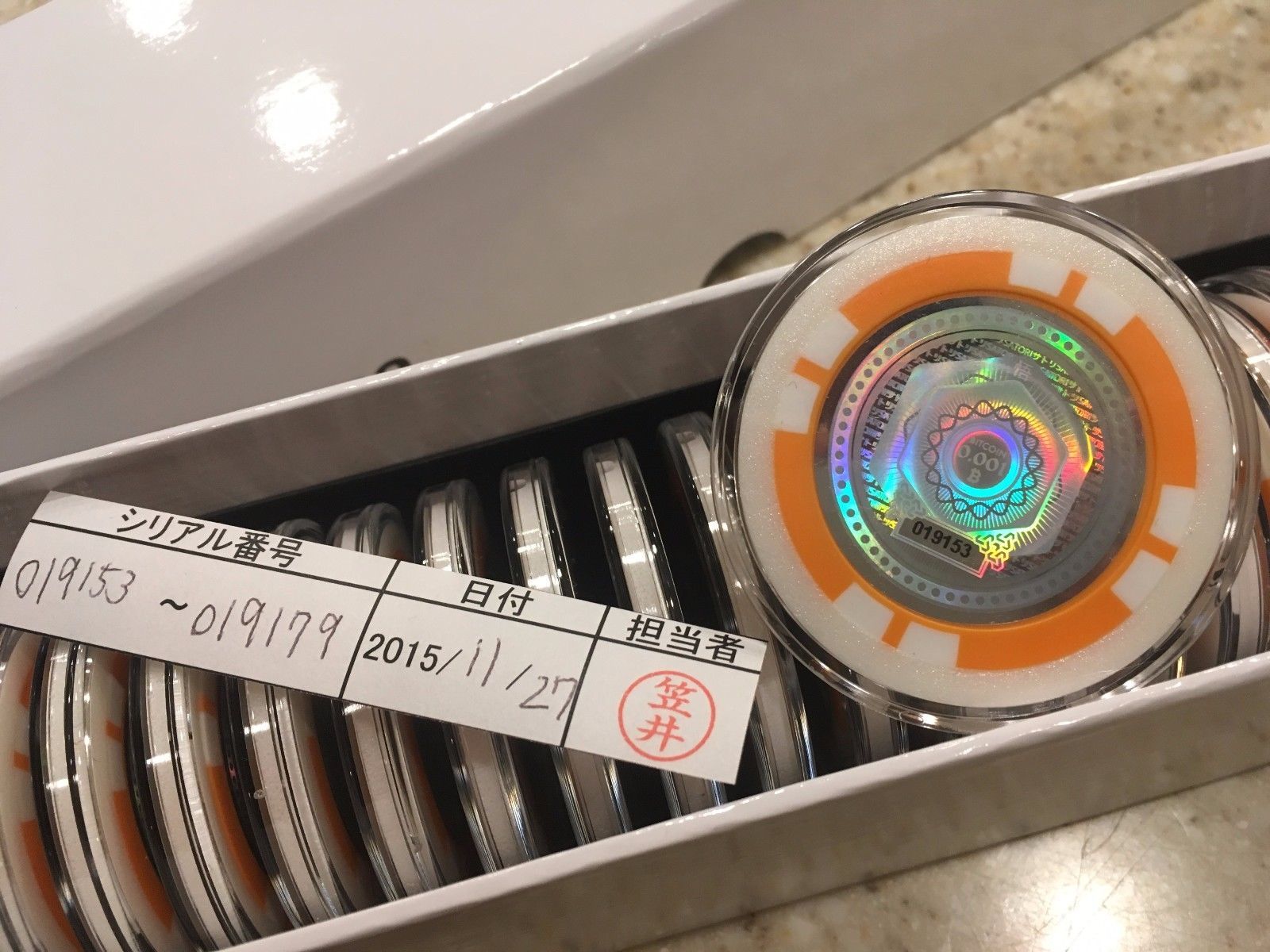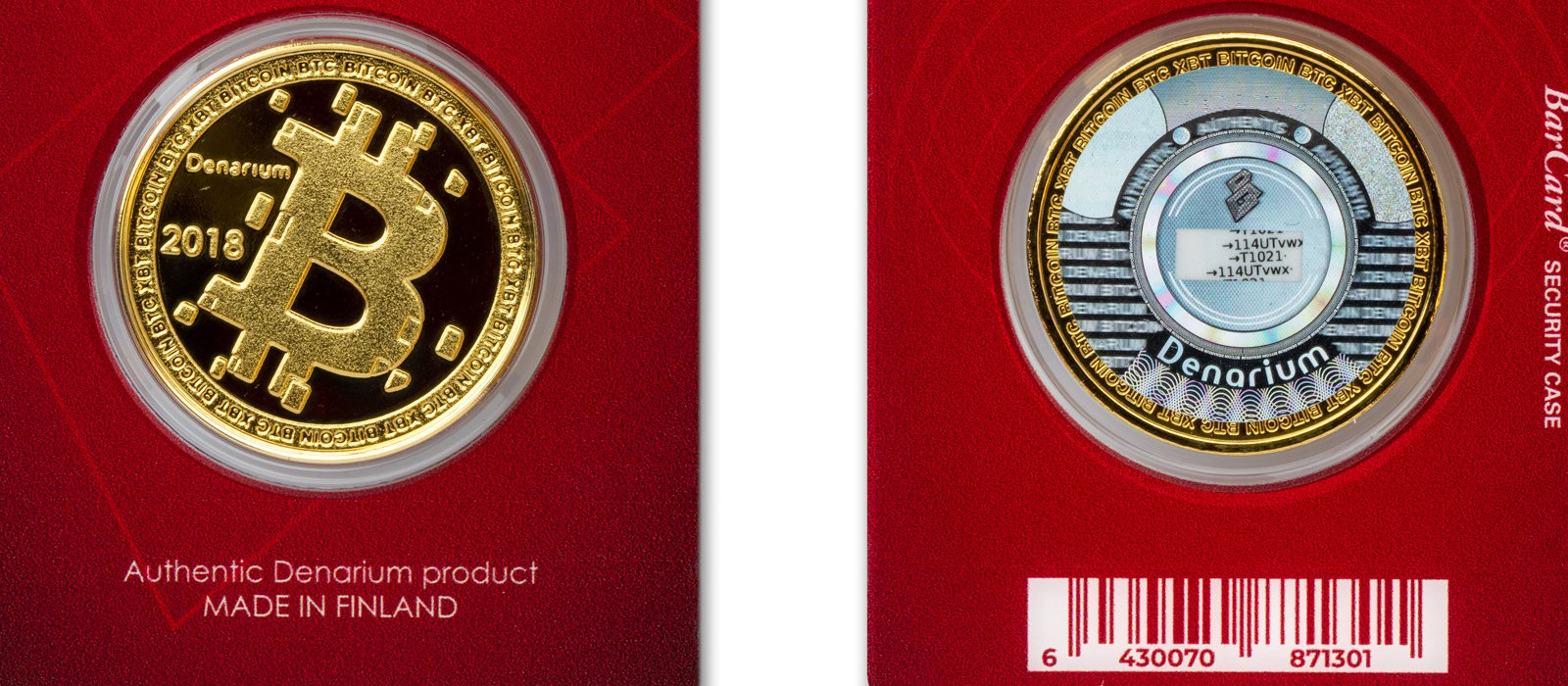As bitcoiners celebrate the 10th anniversary of Satoshi’s invention, veteran enthusiasts will be aware that a lot has changed since the early days. One business that was once incredibly popular is the art of manufacturing loaded physical bitcoins. Government regulations have forced operations to cease, causing the physical bitcoin minting business to virtually grind to a halt.
Also read: 8 Crypto Debit Cards You Can Use Around the World Right Now
Manufacturing Loaded Physical Bitcoins Is a Lost Art
Not long after Bitcoin was launched, people managed to create paper wallets and soon the concept of physical bitcoins was born. After that, individuals took the idea to another level and minted metal bitcoins were created. Casascius coins quickly became a collector’s item with these shiny keepsakes loaded with digital currency. However, after Mike Caldwell, the creator of Casascius coins, started selling his physical bitcoins loaded with whole units or fractions of BTC, he was shut down by the U.S. Financial Crimes Enforcement Network (FinCEN). The U.S. regulator considered minting Casascius coins illegal money transmission and Caldwell had to stop selling loaded coins. Since then a number of other manufacturers have attempted to sell loaded bitcoins to investors who may find numismatic value in these physical collections.

From 2013-2016, physical bitcoins were extremely popular and demand for these coins has remained robust among collectors. Some rare Casascius coins have sold for more than 4-10X their loaded value. In the early days there were so many physical bitcoins that cryptocurrency proponent Elias Ahonen managed to author an entire encyclopedia of physical bitcoins. In recent years, however, the art of molding loaded physical bitcoins is all but lost. Companies like Ravenbit, Alitin Mint, Cryptmint and Titan Bitcoin have all gone out of business. Last April the Japanese manufacturer Satori Coin told customers it was forced to close operations due to the Financial Services Agency’s AML/KYC standards introduced in 2018. Similarly, the cryptocurrency firm BTCC launched its own physical bitcoin forge and ended its operations in October 2018.

Bobby Lee, the co-founder of the company, explained to his Twitter followers how BTCC Mint’s physical bitcoin sales in China touched record highs before it closed operations. The mint did manage to produce a 2018 series, which is still available to U.S. customers through a company called Rogue Bitcoin. In fact, there are plenty of physical bitcoins for sale on secondary markets as third parties have managed to hoard these coins and sell them for a profit. On Ebay, and many other auction and e-commerce websites, there are plenty of Casascius, Satori, Titan, and BTCC loaded coins. However, collectors will find that prices are way higher than what the coin was sold for originally and well above what it holds digitally.

Governments Don’t Like Competing Bearer Bond Instruments
The biggest reason for most of these firms going out of business is predominately overreaching regulation. The U.S. government, for instance, may be okay with people exchanging cryptocurrency in a regulated manner digitally. However, issuing physical bitcoins that are loaded or any other type of manufactured bearer bond instrument that competes with the U.S. dollar is not a good idea and you could wind up in prison.

This can also happen to coin creators even if the products are minted without digitally loaded value inside them. On March 18, 2011, the U.S. government convicted 67-year old Bernard von Nothaus for being the monetary architect of a currency. Essentially von Nothaus’s “Liberty Dollar” operations ended immediately and U.S. Attorney Anne Tompkins did not take kindly to the creation. “Attempts to undermine the legitimate currency of this country are simply a unique form of domestic terrorism,” Tompkins explained at the time.

There are plenty of coin makers that sell metal ‘bitcoins’ with no digital funds, but there is one company that still issues physical bitcoins that are loaded. Denarium sells a variety of pre-funded physical coins in bronze, silver, and even .999 gold. The pieces are made by a Finnish company called Prasos and private keys are covered by a tamper-resistant hologram. Some of Denarium’s products have units like 1 BTC tied to them, while with other types of coins, the customer can add a custom sum. The Denarium Custom Gold Plated 2018 piece can be loaded with fractions of BTC and up to a maximum of 2 BTC per coin. Besides Denarium and overpriced secondary markets, finding physical cryptocurrency manufacturers who are willing to sell coins loaded, unfortunately, is now all but impossible.
What do you think about the lack of physical bitcoin manufacturers in 2019? Let us know what you think about this subject in the comments section below.
Images via Denarium, Satori coins, Titan Bitcoins, BTCC Mint, Casascius, and Pixabay.
Have you seen our widget service? It allows anyone to embed informative Bitcoin.com widgets on their website. They’re pretty cool, and you can customize by size and color. The widgets include price-only, price and graph, price and news, and forum threads. There’s also a widget dedicated to our mining pool, displaying our hash power.
Previous Articles:
- Lightning Network Goes to Congress as Specter of Crypto Policy Grows
- Komid Exchange Executives Face Jailtime over Faking Volumes
- Thai Stock Exchange Plans to Launch a Token Trading Platform
- Indonesian Unicorn Go-Jek Acquires Majority Stake in Filipino Wallet
- Clearing Up Casper, Proof Of Stake, And Beacon Chain Confusion, Once And For All
